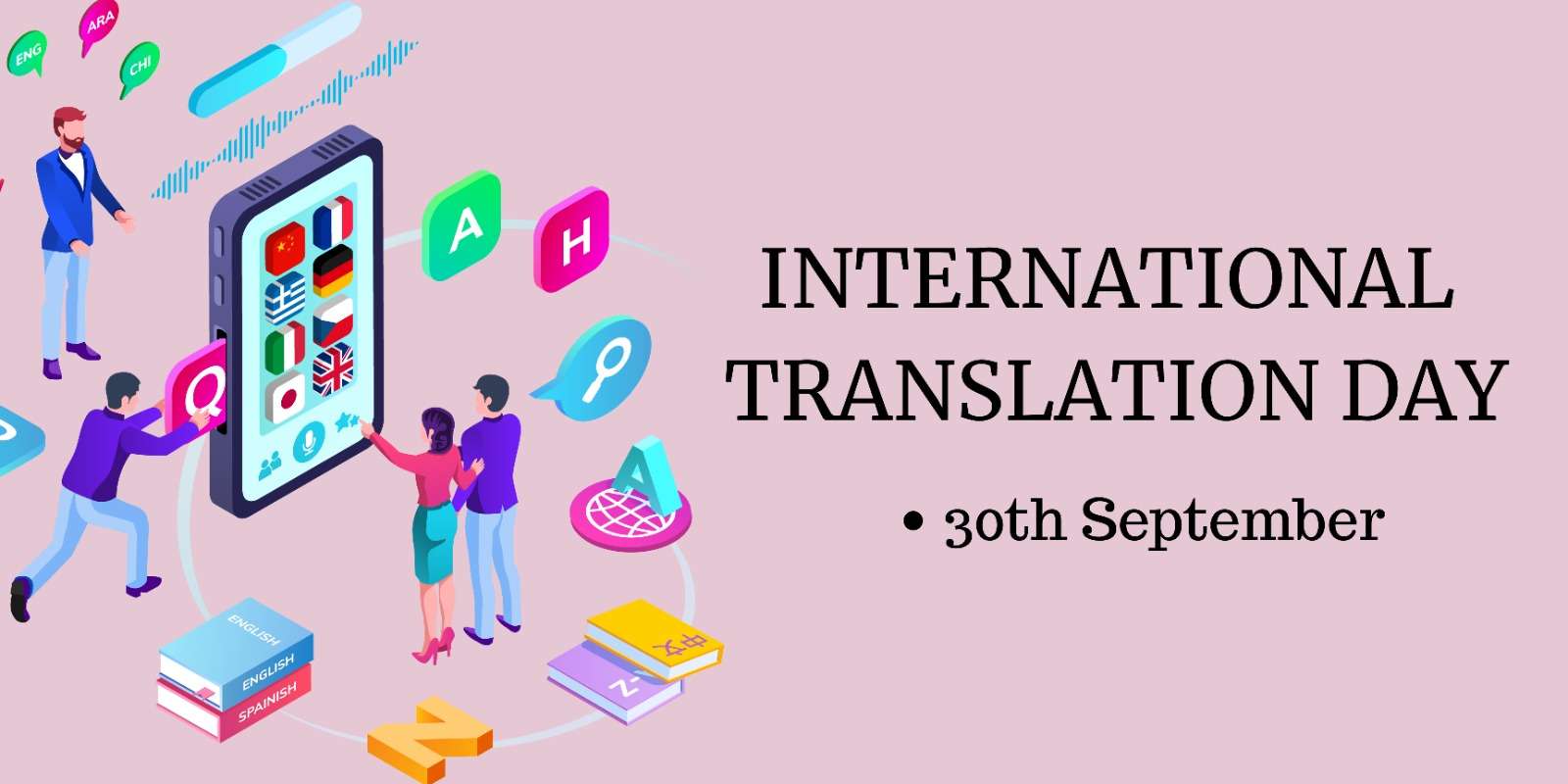International Translation Day

International Translation Day, celebrated every year on September 30th, holds great significance in our increasingly interconnected world. For UPSC aspirants and anyone interested in global affairs, understanding the importance of this day, the challenges faced by translators, and how to celebrate it can provide valuable insights into the role of language and communication in international relations.
The Significance of International Translation Day
Global Communication:
International Translation Day highlights the pivotal role of translators in facilitating global communication. Translators bridge linguistic gaps, ensuring that information flows smoothly between nations, organizations, and individuals.
Preservation of Cultural Heritage:
Translators play a vital role in preserving cultural heritage. They translate ancient texts, historical documents, and literary works, preserving the wisdom and artistic expressions of diverse cultures for future generations.
Promoting International Diplomacy:
Effective diplomacy relies on clear and accurate communication. Diplomats and international organizations depend on translators to foster diplomatic relations, resolve conflicts, and negotiate treaties.
Economic Growth:
In the business world, translation is essential for expanding into new markets. Translated marketing materials, product descriptions, and legal documents enable businesses to tap into global opportunities.
Literary and Artistic Exchange:
Translation enables the exchange of literature, art, and ideas across borders, enriching our understanding of different cultures and perspectives.
Challenges Faced by Translators
Linguistic Complexity:
Translators must navigate the intricacies of different languages, including idioms, cultural references, and regional variations, to accurately convey meaning.
Tight Deadlines:
Many translators work under tight deadlines, which can be stressful and impact the quality of their work.
Cultural Sensitivity:
Being culturally sensitive is crucial, as words may carry different connotations in different cultures. Avoiding misunderstandings is a constant challenge.
Technology Advancements:
While technology aids translation, it also raises concerns about job security for human translators. Striking a balance between human expertise and automation is a challenge.
Recognition and Compensation:
Translators often struggle for recognition and fair compensation, leading to burnout and a shortage of skilled professionals.
Celebrating International Translation Day
Support Translators:
Show appreciation for the work of translators by hiring professionals for your translation needs and ensuring they are compensated fairly.
Explore Translated Works:
Read books, watch movies, or listen to music that has been translated from other languages to gain a broader cultural perspective.
Language Learning:
Take this opportunity to learn a new language or enhance your language skills, which can be an asset in the competitive UPSC exam.
Participate in Translation Events:
Many organizations host seminars and workshops on International Translation Day. Attend these to gain insights into translation’s role in global affairs.
Express Gratitude:
If you know a translator, express your gratitude for their role in promoting understanding among different cultures.
Conclusion
International Translation Day is a reminder of the critical role that language and translation play in our interconnected world. Aspiring UPSC candidates should recognize the significance of this day in the context of global affairs, diplomacy, and cultural exchange. Understanding the challenges faced by translators underscores the importance of their work. By celebrating International Translation Day, we express our appreciation for those who break down linguistic barriers, foster international cooperation, and contribute to a more harmonious world.
Tags:
Best teachers in every subject.
Let’s get started
We can teach you anything
